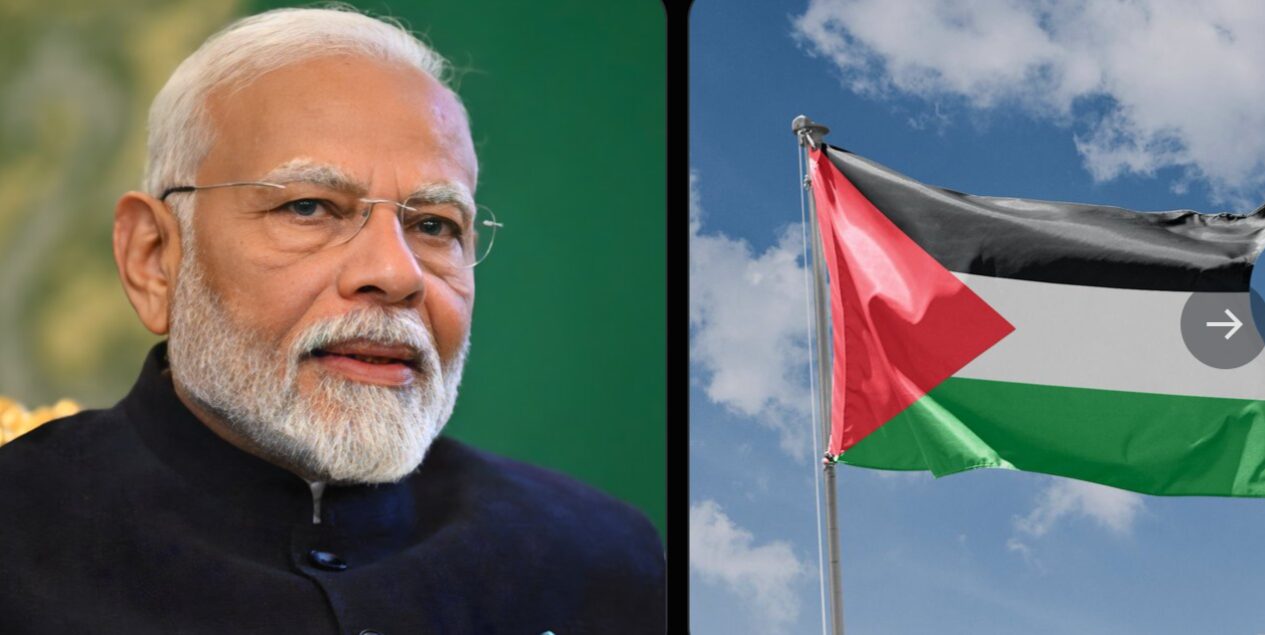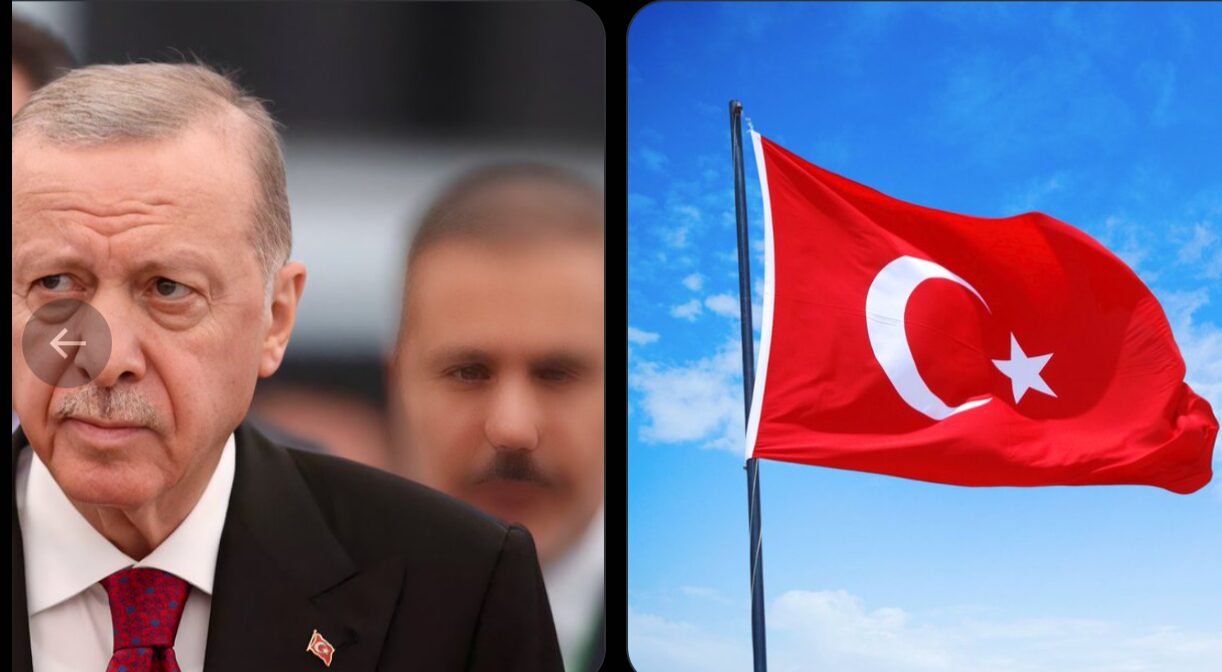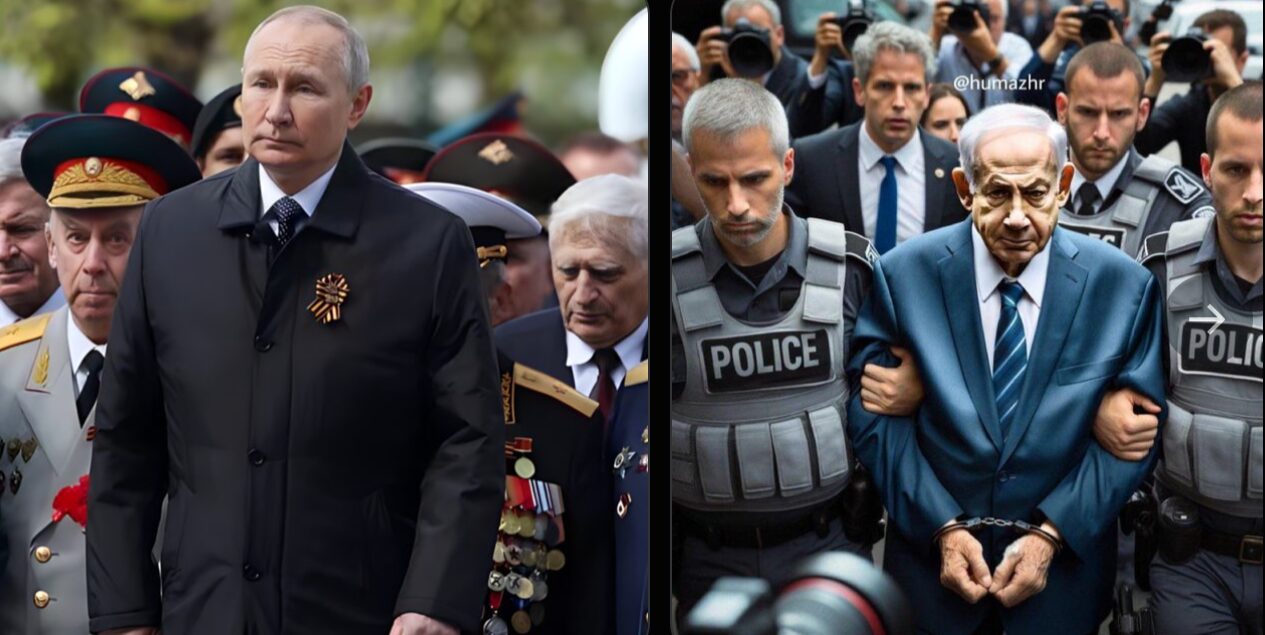INDIA officially supports PALESTINE’S membership in the United Nations
India Officially Supports Palestine’s Membership in the United Nations
In a significant diplomatic development, India has officially expressed its support for Palestine’s membership in the United Nations (UN). This move highlights India’s long-standing position in favor of Palestinian self-determination and its broader commitment to supporting the Palestinian cause on the global stage. The announcement comes at a time when the question of Palestinian statehood remains a contentious issue in international politics, with the UN and other global bodies continuing to debate the recognition of Palestine as a sovereign state.
India’s support for Palestine’s UN membership is consistent with its historical stance on the Israeli-Palestinian conflict, and this latest move reflects the country’s dedication to championing the rights of Palestinians. India has been a vocal advocate for the establishment of a Palestinian state alongside Israel, and its support for Palestinian recognition in international organizations further reinforces its position as a key player in Middle Eastern geopolitics.
The History of India’s Support for Palestine
India’s relationship with Palestine dates back to its early days of independence in 1947. From the outset, India has been a strong supporter of Palestinian statehood and self-determination. India’s first Prime Minister, Jawaharlal Nehru, expressed unwavering solidarity with the Palestinian people and their struggle against colonialism and occupation. India’s support for Palestine has remained consistent through the decades, with successive Indian governments advocating for Palestinian rights in international forums, including the UN.
India has also historically maintained strong diplomatic relations with the Arab world, many of which support Palestinian statehood. This alignment has played a significant role in shaping India’s foreign policy in the region. While India has enjoyed friendly ties with Israel since establishing diplomatic relations in 1992, it has carefully balanced its relationship with Israel and its support for the Palestinian cause. India’s foreign policy has thus been characterized by a nuanced approach, advocating for peaceful coexistence between Israel and Palestine while firmly supporting Palestine’s right to self-determination.
India’s Recent Support for Palestinian UN Membership
India’s official support for Palestine’s UN membership comes after a series of international debates and resolutions calling for the recognition of Palestine as a member state. Palestine has been recognized as a non-member observer state at the UN since 2012, a significant step forward in its quest for full membership. However, full UN membership requires approval from the UN Security Council, where key powers such as the United States and some European nations have historically blocked such efforts due to their alliances with Israel.
India’s recent declaration of support is particularly noteworthy given the growing tensions in the Middle East, including the continued Israeli-Palestinian conflict and the shifting dynamics of international relations. India’s position emphasizes its belief in the legitimacy of Palestinian aspirations for statehood and its commitment to upholding international law, particularly the right of peoples to self-determination.
India’s foreign policy on this issue remains steadfast, advocating for a two-state solution—one where both Israel and Palestine coexist peacefully as independent, sovereign nations. By supporting Palestine’s bid for UN membership, India reiterates its commitment to a peaceful and just resolution to the Israeli-Palestinian conflict, one that respects the rights of both peoples and upholds the principles of fairness and justice under international law.
The Significance of India’s Support for Palestinian UN Membership
India’s endorsement of Palestine’s UN membership carries significant weight on the international stage. As the world’s most populous democracy and one of the largest emerging economies, India’s position on global issues is closely watched by other nations. India’s support for Palestine comes at a time when the Palestinian cause is facing increasing challenges on the diplomatic front. The shifting alliances in the Middle East, coupled with the normalization of relations between Israel and several Arab countries through the Abraham Accords, have created new geopolitical realities. These agreements, brokered by the United States, have led to improved relations between Israel and countries such as the United Arab Emirates, Bahrain, and Morocco.
Despite these developments, India has remained unwavering in its support for Palestine. The support is also indicative of India’s broader geopolitical strategy of asserting its presence as a leading power in the Global South, which includes backing the rights of marginalized nations and peoples. India’s stance on Palestine aligns with its long-standing advocacy for the rights of oppressed peoples, particularly in Africa, Asia, and Latin America. By supporting Palestine’s membership bid, India sends a clear message that it stands with the Palestinian people in their struggle for self-determination and statehood.
India’s position is also significant for its strategic relations with Arab countries. As an important economic partner and a major consumer of energy, India has cultivated strong ties with the Arab world. The Middle East plays a central role in India’s energy security, as it imports a substantial amount of oil and gas from the region. India’s support for Palestine’s UN membership further strengthens its diplomatic relations with key Arab nations, who have long called for greater international recognition of Palestinian rights.
Moreover, India’s backing of Palestine’s membership bid serves as a reminder to the international community that the Palestinian issue remains unresolved and that the quest for Palestinian statehood is far from over. India’s stance places pressure on other countries to reconsider their positions on the Palestinian issue and underscores the importance of multilateral diplomacy in resolving conflicts.
The Challenges Ahead for Palestinian Statehood
While India’s support for Palestinian UN membership is a significant diplomatic gesture, the road to full recognition remains fraught with challenges. As mentioned, Palestine is currently recognized as a non-member observer state, but to gain full UN membership, Palestine must secure approval from the UN Security Council. This is where the major obstacle lies, as some of the permanent members of the Security Council, particularly the United States, have historically vetoed any efforts to grant Palestine full UN membership.
The U.S. has long been a staunch ally of Israel and has opposed UN recognition of Palestine, arguing that it can only be achieved through direct negotiations between Israel and the Palestinians. Washington has maintained that a two-state solution is the best path forward, but it has also been critical of Palestinian leadership for what it perceives as a lack of commitment to peace talks. The U.S. veto power in the Security Council means that unless there is a significant shift in international opinion or policy, Palestine’s bid for full membership is unlikely to succeed in the near future.
Nevertheless, the support of key countries like India is crucial in maintaining international momentum for Palestinian statehood. While full membership remains out of reach, the continued recognition of Palestine as a state by numerous countries and international organizations serves as an important step toward its eventual recognition in the international community. India’s support, in particular, helps to keep the issue alive on the global diplomatic agenda.
Conclusion: A Strong Stand for Palestinian Rights
India’s official support for Palestine’s membership in the United Nations is a clear reaffirmation of its longstanding commitment to Palestinian statehood and self-determination. It highlights India’s dedication to upholding international law and advocating for the rights of oppressed peoples. This diplomatic gesture underscores India’s evolving role as a global power that is willing to take a principled stance on issues of justice and equity, even in the face of complex geopolitical dynamics.
Although the path to Palestinian statehood remains uncertain, India’s support is a powerful reminder of the importance of international solidarity in the pursuit of peace and justice. As the world continues to grapple with the Israeli-Palestinian conflict, India’s position will remain an important voice in the ongoing struggle for Palestinian rights and recognition. By standing with Palestine, India is sending a message to the global community that the pursuit of a just and lasting peace in the Middle East remains a central goal of its foreign policy.

















Post Comment